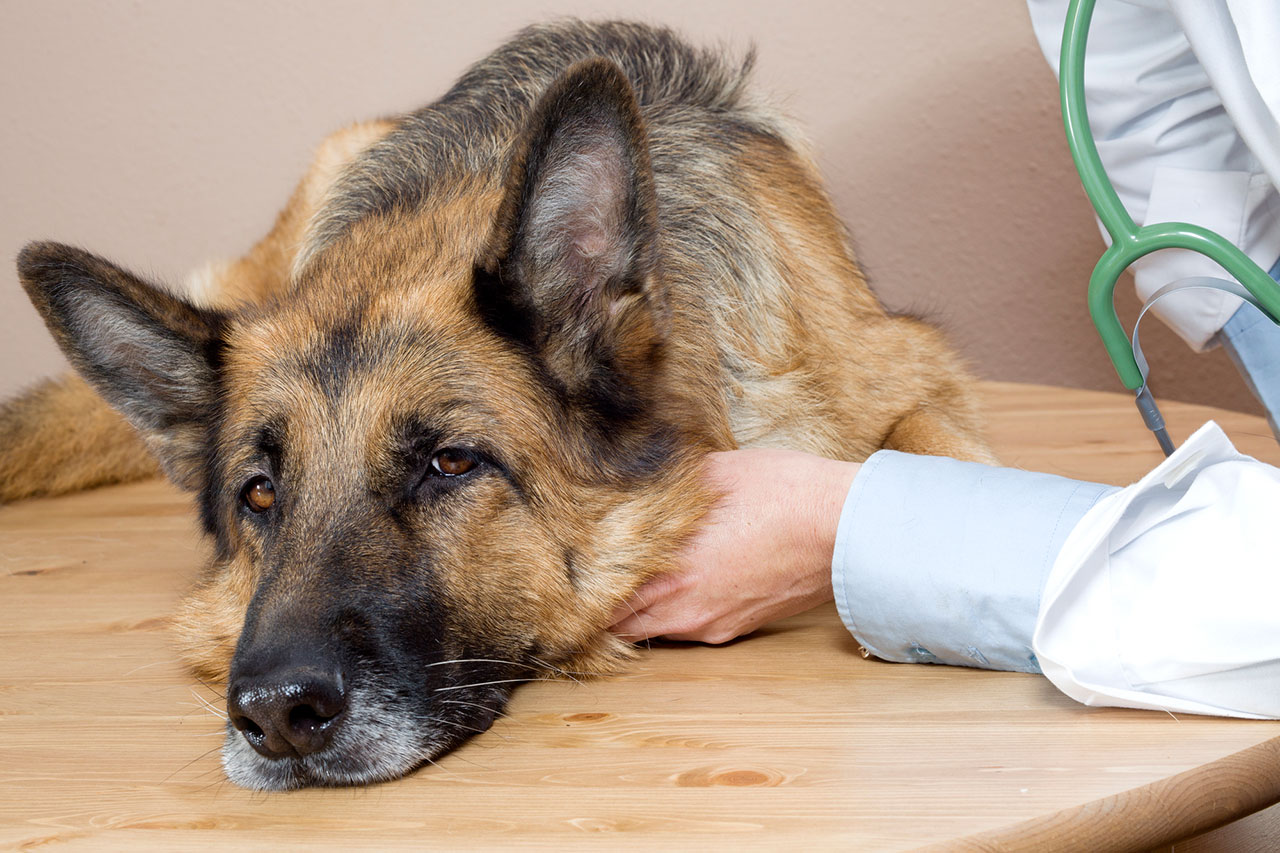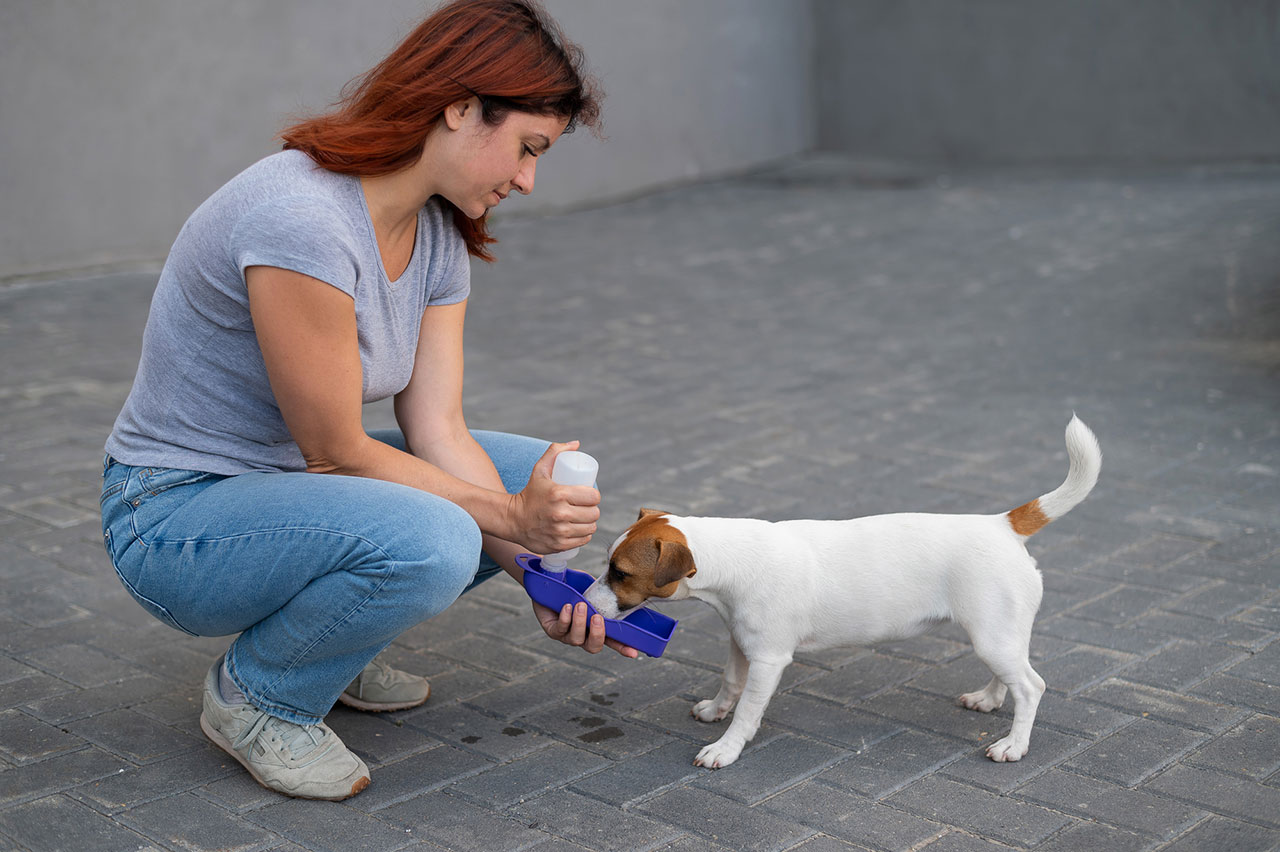Can You Give a Dog Tums?
What are Tums, and what do they do for dogs?
Tums is a calcium supplement medication that treats heartburn, indigestion, acid reflux, and other stomach-related issues. They work by neutralizing the acid in your stomach and can provide relief from symptoms within minutes. While they are safe for most people, there are a few instances where you should not take them. For example, if you are allergic to calcium, have kidney problems, or are taking certain medications.
As for giving them to dogs, it is generally safe to do so. However, it’s best always to provide them with the appropriate dosage based on their weight. You can find the recommended dosage on the package or speak to your veterinarian. It’s also vital to know that giving your dog Tums too often can lead to constipation, so it is best only to provide them as needed. If you have concerns about giving your dog Tums, always speak to your veterinarian first.
Tums is a medication that can be given to dogs to help with various digestive problems and give them temporary relief. Common reasons a dog might need Tums include indigestion, stomach pain, heartburn, gas, and constipation. Tums work by neutralizing stomach acid and can provide relief within minutes.
When Should You Give Your Dog Tums?
Tums are safe for dogs and are often recommended by veterinarians as an over-the-counter medication for minor digestive issues or other medical conditions related to the dog’s digestive system.
There are lots of benefits of giving your dog Tums, including:
1. Relief from indigestion and heartburn: If your dog’s stomach is experiencing mild discomfort due to indigestion or heartburn, a small dose of Tums can provide instant relief.
2. Prevention of nausea: Recommended doses of Tums can also help prevent nausea by neutralizing the acid in the stomach. This can help if your dog is prone to car sickness or gets anxious during travel.
3. Aids in digestion: By neutralizing the acid in the stomach, Tums can help aid in digestion problems and make it easier for your dog to absorb nutrients from their food.
4. Reduces inflammation: Tums can also help reduce inflammation in the gastrointestinal tract. This can allow dogs suffering from conditions like sensitive stomachs, excessive stomach acid, irritable bowel syndrome, or inflammatory bowel disease.
5. Relieves gas and bloating: If your dog is experiencing gas or bloating, the right dosage of Tums can help relieve these symptoms and improve the dog’s health.
6. Promotes healthy gut bacteria: The neutralization of stomach acid can also promote the growth of healthy gut bacteria. This is beneficial for overall gut health and immunity.
7. Reduces stress: Tums can help reduce stress by providing a sense of calmness and comfort. This can help dogs who suffer from anxiety or nervousness.
8. Reduces pain: Tums can also help reduce pain associated with indigestion, heartburn, and other gastrointestinal or digestive issues.
9. Is a natural remedy: Tums is a natural remedy and do not contain any harsh chemicals or drugs. This makes them safe for dogs of all ages and breeds.
10. Is affordable: A bottle of Tums is a cheap over-the-counter medication that is widely available.
Tums are available in chewable tablets, which can be given directly to your sick dog or crushed and mixed with their food. As per the vet’s advice, the recommended dosage for dogs is 1-2 tablets per 20 pounds of body weight, given up to 4 times per day to improve your dog’s digestive system.
How Can You Prevent Stomach Problems in Your Dog Without Using Medication?
As a pet owner, it’s natural to want to do everything you can to keep your furry friend healthy and happy. And part of that involves preventing stomach problems. Unfortunately, large dogs commonly experience stomach issues like gas, bloating, and diarrhea, but thankfully, there are various things you can do to prevent these issues.
Here are ten tips on how you can prevent stomach problems in your dog without using medication:
1. Feed a balanced diet
The best way to prevent stomach problems in your dog is to feed him a balanced diet. This means avoiding table scraps and other junk food with harmful ingredients and sticking to the best dog food with a nutritious diet designed specifically for dogs.
2. Avoid fatty foods
Fatty foods can be difficult for your dog to digest and lead to stomach aches and other health problems. So, the best thing to do is to avoid feeding your dog table scraps, or other high-fat foods is best.
3. Provide plenty of fresh water
This will help keep his digestive system working a long way correctly. It can prevent dehydration, which can lead to stomach problems.
4. Give probiotics
These are live bacteria that are good for your dog’s gut health. They can help improve a dog’s upset stomach and prevent other digestive issues. You can find probiotics in powder form that you can add to your dog’s food or in treat form.
5. Add fiber to your dog’s diet
It’s essential for gut health and can help prevent stomach problems. You can add fibers to your dog’s diet as safer alternatives by feeding him a canned pumpkin or adding a teaspoon of ground flaxseed to his food.
6. Avoid sudden diet changes
Sudden changes to your dog’s diet can cause stomach problems. So, if you need to change your dog’s food, you can use bland foods. Do it gradually over a week or so.
7. Feed small meals
Feeding smaller meals for small dogs can prevent stomach problems and other serious health issues. This is because large amounts of meals can be difficult for your dog to digest and cause bloating.
8. Avoid feeding your dog right before or after exercise
Exercise can aggravate stomach problems. So, it’s a better option if you avoid feeding your dog for an hour or so before and after exercise.
9. Keep your dog’s weight in check
Being overweight or underweight can strain your dog’s digestive system and lead to stomach problems. So, ensure you’re feeding your dog the right amount of food and talk to your veterinarian if you’re concerned about his weight.
10. Talk to your veterinarian
Communicate with your veterinarian if you’re concerned about your dog’s stomach health. They can help you identify the cause of your dog’s stomach problems and can recommend the best course of treatment.
Dogs are part of the family for many people, and we want to do whatever we can to ensure they feel good. It’s natural then that when a dog is feeling sick, its owners want to help them get better. Have you ever given your dog Tums?


